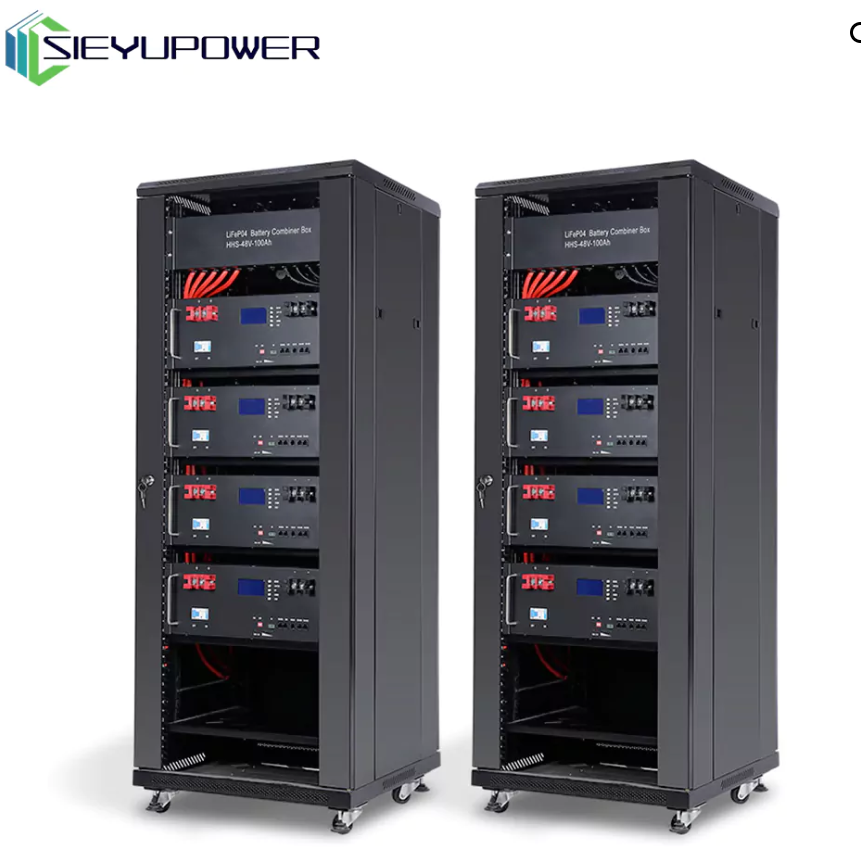When choosing a wall-mounted or rack-mounted lithium-ion battery, you’ll want to consider how the battery will be used. In addition, you’ll want to consider the C-ratings of the battery. This will help you determine how long it will last and how much capacity it will hold when it’s fully discharged. A battery with a C-rating of 1.5 to 2 is ideal for the majority of situations, including power spikes from appliances.
Choosing a rack-mounted lithium-ion battery
Rack-mounted lithium-ion batteries have a number of advantages, making them the ideal choice for a variety of applications. They’re more stable and eco-friendly than their lead acid counterparts, which can leak toxic fumes when they are accidentally discharged.
Rack-mounted lithium batteries are used for various purposes, including protecting electronic equipment from power outages. They are often mounted in an electrical power cabinet with several levels, and are usually connected to various power sources. Data centers and computer labs frequently use rack-mounted lithium-ion batteries as backup power for multiple computer systems.
Lithium batteries are highly efficient. Rack mount lithium batteries can operate at near-100 percent efficiency, which makes them an excellent option for long-term storage. Another advantage is their longer lifespan. A typical lithium battery can last up to 10 years under normal conditions. This makes it cost-effective for users.

Lithium-ion batteries can be more expensive up-front, but they can pay for themselves in the long run. The longevity of a lithium battery depends on how the battery is handled and maintained. Lithium batteries are not meant to die, but they can fail, but proper maintenance can significantly increase their lifespan.
Choosing a portable lithium-ion battery
There are many factors to consider when choosing a portable lithium-ion battery. The highest power requirements, for example, require a battery with a low internal cell resistance. The other criteria that must be met for this type of battery include its maximum charge and discharge current and its temperature. The best lithium-ion battery for these uses is one with protection circuitry, which limits the maximum charge and discharge current. It also limits the temperature of the cells.
The lithium-ion battery has many advantages over other rechargeable batteries. It is the lightest and most energy dense battery technology available. It can deliver up to 3.6 Volts of current, making it well-suited for high-power applications. It also requires low maintenance and does not require regular scheduled cycling, so it’s ideal for long-term use.
The battery’s capacity is another consideration. The manufacturer will specify its capacity at a given voltage, cutoff voltage, and discharge rate. High-capacity batteries may not be as efficient at higher current drain, and high-power batteries may have high capacity but low energy density.


